Home>Articles>How Much Does It Cost To Have Granite Countertops Installed
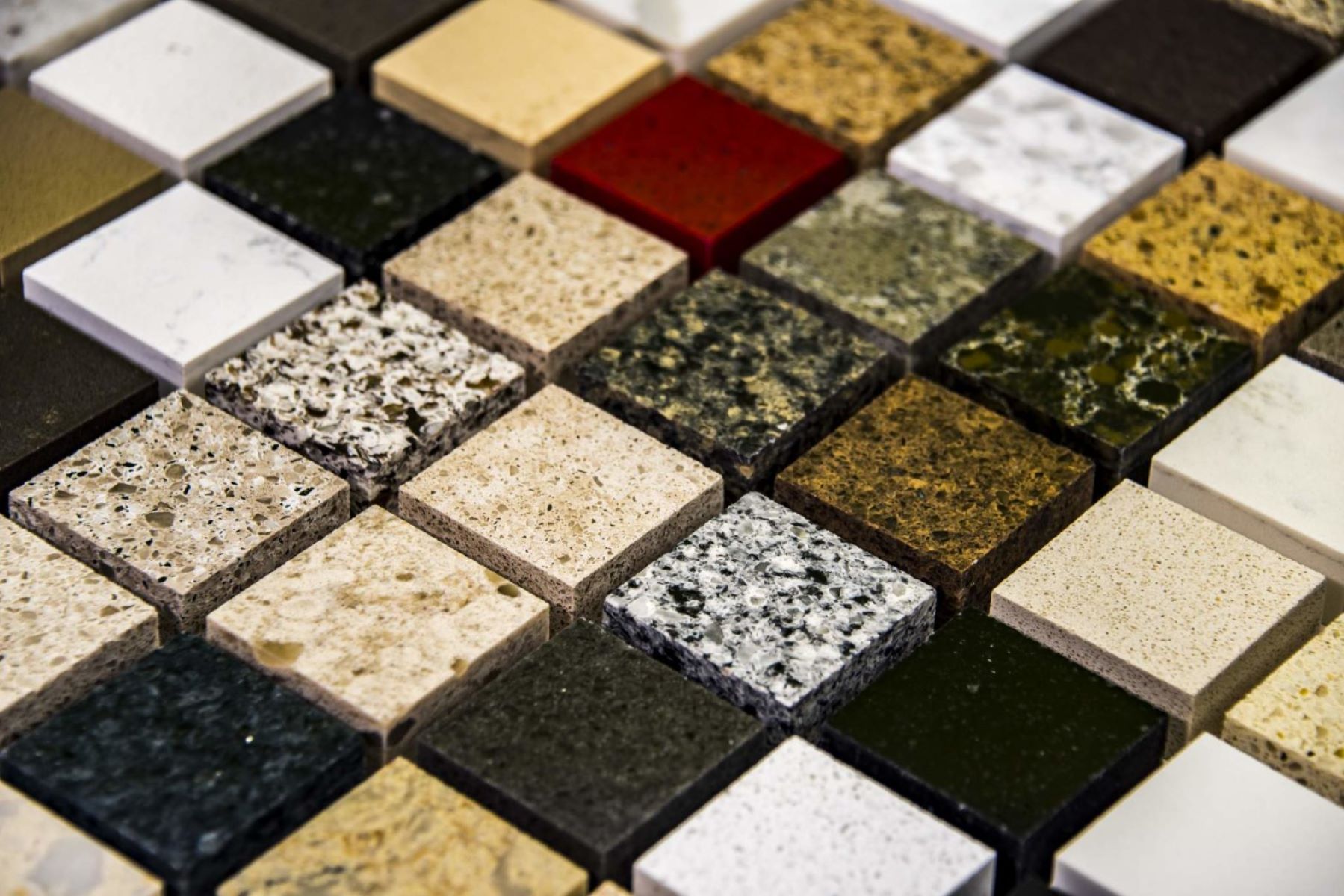

Articles
How Much Does It Cost To Have Granite Countertops Installed
Modified: January 18, 2024
Find out the cost of installing granite countertops with this informative article. Learn everything you need to know before making a decision on your kitchen renovation.
(Many of the links in this article redirect to a specific reviewed product. Your purchase of these products through affiliate links helps to generate commission for Storables.com, at no extra cost. Learn more)
Introduction
Granite countertops are a popular choice for homeowners looking to add elegance and durability to their kitchens and bathrooms. With its natural beauty and durability, granite has become the go-to option for many homeowners. However, before jumping into the world of granite countertops, it is essential to understand the cost associated with their installation.
When considering the cost of granite countertop installation, there are several factors to take into account. These factors include material costs, labor costs, additional expenses, and the average cost of installation. By understanding these factors, homeowners can make informed decisions and budget accordingly.
In this article, we will explore the factors that affect the cost of granite countertop installation, provide an overview of the average installation cost, and share tips on choosing the right installer. We will also discuss the benefits of granite countertops and provide maintenance and care tips to keep them looking their best.
So, if you’re considering granite countertops for your home and want to know how much it will cost you, keep reading to find out all the information you need to make an informed decision.
Key Takeaways:
- Understanding the factors influencing the cost of granite countertop installation, such as material quality, labor, and additional expenses, empowers homeowners to make informed decisions and budget effectively for their project.
- Selecting a reputable granite countertop installer with experience, certifications, and positive customer reviews is crucial for ensuring a successful and satisfactory outcome. Proper maintenance and care practices can preserve the beauty and longevity of granite countertops, making them a worthwhile investment for any home.
Factors Affecting the Cost of Granite Countertop Installation
Several factors come into play when determining the cost of installing granite countertops. Understanding these factors can help homeowners anticipate the expenses involved and make informed decisions. Here are the key elements that influence the cost of granite countertop installation:
1. Material Quality and Type
The quality and type of granite selected significantly impact the overall cost. Granite is available in a range of colors, patterns, and grades. Higher-quality granite, such as exotic or rare varieties, will generally have a higher price tag due to its uniqueness and scarcity.
2. Size and Complexity of the Project
The size and complexity of the countertop project will impact the installation cost. Larger countertops require more materials and labor, resulting in higher expenses. Additionally, intricate designs, curves, and cutouts will also increase the complexity of the installation and the overall cost.
3. Edge Profile
The edge profile of the countertop is an aesthetic feature that can add a touch of elegance to the overall look. However, certain edge profiles require advanced cutting techniques and more labor, which can drive up the cost of installation.
4. Thickness
The thickness of the granite slab is another factor that influences the cost. Thicker slabs are generally more expensive due to the additional material required. Keep in mind that thicker slabs also offer added durability and longevity.
5. Backsplash Installation
If you plan to include a backsplash with your granite countertops, the cost will increase. Backsplash installation requires additional materials and labor, as well as precise cutting and fitting to ensure a seamless integration with the countertops.
6. Sink and Faucet Cutouts
The installation of sink and faucet cutouts can contribute to the overall cost. The number and complexity of the cutouts required will impact the labor and time involved in the installation process.
7. Location and Accessibility
The location of the project and its accessibility can affect the cost of installation. Difficult access to the installation site or remote locations may require specialized equipment and additional labor, resulting in higher expenses.
By considering these factors, homeowners can better understand why there can be variations in the cost of granite countertop installation. Working with a reputable installer who can provide a detailed estimate based on these factors is crucial for an accurate budgeting process.
Read more: How Much Does Granite Countertops Weigh
Material Costs
The cost of materials is a significant factor in the overall expense of granite countertop installation. The material costs can vary depending on the quality, type, and rarity of granite chosen. Here are some key considerations related to material costs:
Quality and Grade
Granite is graded based on its quality, with different grades offering varying levels of durability and aesthetics. Higher grades of granite, often referred to as premium or exotic varieties, will generally have a higher cost due to their unique patterns and colorations. Lower grades may be more affordable but may lack the same durability and aesthetic appeal.
Color and Pattern
The color and pattern of the granite can also impact its price. Popular color options that are widely available tend to be more affordable, while rarer colors and patterns can command a higher price. Unique veining and exotic patterns can create a more visually stunning countertop but may come with a higher price tag.
Thickness
The thickness of the granite slab will affect the material cost. Thicker slabs are generally more expensive due to the additional material required. The most common thickness options for granite countertops are 2cm (3/4 inch) and 3cm (1 1/4 inch), with the latter being the more popular choice due to its enhanced durability and sleek appearance.
Read more: How To Install Granite Countertops
Finish
The chosen finish for the granite can also influence the material cost. Different finishes, such as polished, honed, or leathered, each have unique characteristics and prices. A polished finish, for example, offers a reflective and glossy surface but may be more expensive than a honed finish, which has a matte appearance.
It’s important to work closely with your granite countertop supplier or installer to discuss the material options available and their associated costs. They can provide guidance on selecting the right material that fits within your budget while meeting your aesthetic preferences and durability requirements.
Now that you have a clear understanding of the key factors affecting material costs, you can make more informed decisions when it comes to choosing the right granite for your countertops.
Labor Costs
When it comes to installing granite countertops, labor costs are a significant component of the overall expense. The complexity of the installation process and the skills required contribute to the labor costs. Here are some key factors to consider:
Measuring and Templating
Before the installation can begin, precise measurements and templating are necessary to ensure an accurate fit. This step involves taking measurements of the countertop area, including any cutouts for sinks or appliances. Labor costs will include the time and expertise required for this critical stage.
The fabrication process involves cutting the granite slab to the required size and shape. This includes making cutouts for sinks and faucets, as well as creating the desired edge profile. Skilled fabricators use specialized tools and equipment to achieve precise and smooth cuts. Labor costs will reflect the time and expertise involved in this intricate process.
Installation
Installing granite countertops requires careful handling and skilled craftsmanship. The slabs need to be transported and maneuvered into place without causing any damage. Additionally, the countertops must be perfectly aligned and securely fastened to ensure stability and longevity. Labor costs include the time and expertise of the installation crew, as well as any additional labor required for complex installations or hard-to-reach areas.
Sealing and Finishing
After the countertops are installed, the final step involves sealing and finishing the granite. This process helps protect the stone from stains and enhances its natural beauty. Labor costs will include the time and expertise required to apply the appropriate sealant and finish, ensuring the longevity and aesthetic appeal of the countertops.
The labor costs for granite countertop installation can vary depending on factors such as the size and complexity of the project, the level of customization needed, and the location of the installation. It is advisable to obtain quotes from multiple contractors or installers to compare labor costs and ensure you are getting a fair price for the services provided.
Remember that skilled and experienced installers may charge higher labor costs, but their expertise and precision are essential for a successful installation that meets your expectations. It is worth investing in professional labor to ensure the beauty and longevity of your granite countertops.
Additional Costs
When planning for granite countertop installation, it’s important to consider any additional costs that may arise beyond the material and labor expenses. These additional costs can vary depending on your specific project and requirements. Here are some common additional costs to keep in mind:
Removal and Disposal of Existing Countertops
If you already have countertops in place that need to be removed and disposed of, there may be additional costs associated with this process. The complexity of the removal, the type of material being removed, and any necessary disposal fees can all contribute to the overall cost.
Plumbing and Electrical Modifications
If your countertop installation involves modifications to plumbing or electrical connections, such as relocating a sink or installing new outlets, there may be additional costs involved. Hiring a plumber or electrician to make the necessary adjustments can add to the overall expense.
Transportation of Materials
The transportation of the granite slabs from the supplier to your home is another factor to consider. The weight and fragility of the slabs may require special equipment or additional labor to ensure safe transport. Some suppliers may include transportation costs in their pricing, while others may charge separately.
Sealing and Maintenance Products
While the labor cost for sealing the granite may be included in the installation, homeowners may need to purchase additional sealing and maintenance products for future upkeep. These products, such as sealants and cleaning solutions, are essential for maintaining the beauty and longevity of your granite countertops.
Permits and Inspections
Depending on local regulations and building codes, you may need to obtain permits and arrange for inspections during the countertop installation process. These fees can vary, so it’s important to check with your local authorities to determine if any additional costs are involved.
By being aware of these additional costs, you can budget accordingly and avoid any surprises during the installation process. It’s always a good idea to communicate with your contractor or installer to understand which costs are included in their estimate and which are considered additional expenses.
Average Cost of Granite Countertop Installation
The cost of granite countertop installation can vary depending on various factors, including the size of the project, the quality of the granite, the complexity of the installation, and the location. While it’s challenging to provide an exact figure for the average cost, we can provide a general range to give you an idea of what to expect.
On average, homeowners can expect to pay between $50 and $200 per square foot for granite countertop installation. This cost includes both material and labor expenses. However, keep in mind that this is a general range, and costs can vary significantly based on the factors mentioned earlier.
For example, lower-grade granite may cost around $50 to $80 per square foot, while premium or exotic varieties can reach $100 or more per square foot. Additionally, larger projects or those with intricate designs, custom edge profiles, or multiple cutouts will likely fall on the higher end of the cost spectrum.
It is important to note that the square footage price includes both the material and labor costs. While the material costs are relatively consistent, the labor costs can vary depending on the level of expertise and experience of the installers. Hiring skilled professionals may result in higher labor costs but can ensure a high-quality installation.
When budgeting for granite countertop installation, it is recommended to obtain quotes from multiple installers to compare prices and services. Be sure to ask for a detailed breakdown of the costs to understand what is included in the estimate. It’s also wise to consider the reputation and experience of the installer when making your decision, as the quality of the installation will directly impact the longevity and aesthetic appeal of the countertops.
While it may seem like a significant investment upfront, granite countertops offer numerous benefits such as durability, beauty, and added value to your home. With proper care and maintenance, they can last for decades, making them a worthwhile investment in the long run.
Remember, the average cost is just a guideline, and the final cost will depend on your specific project requirements and choices. By working closely with reputable installers and being aware of the factors that influence the cost, you can make informed decisions and achieve the granite countertops you desire within your budget.
Choosing the Right Granite Countertop Installer
When it comes to installing granite countertops, choosing the right installer is crucial for a successful and satisfactory outcome. The quality of the installation can significantly impact the durability and visual appeal of your countertops. Here are some essential factors to consider when selecting a granite countertop installer:
Experience and Expertise
Look for installers with a solid reputation and extensive experience in granite countertop installation. Ask for references and examples of their previous work to gauge the quality of their craftsmanship. An experienced installer will have the expertise to handle any challenges that may arise during the installation process and ensure a precise and flawless fit.
Certifications and Licenses
Check if the installer holds any certifications or licenses related to countertop installations. These credentials can provide reassurance that the installer has undergone training and meets certain industry standards. Additionally, certifications from reputable organizations can indicate a commitment to quality and professionalism.
Portfolio and Samples
Take the time to review the installer’s portfolio and ask to see samples of their work. This will give you an idea of their style, attention to detail, and the quality of their installations. Pay close attention to the seams, edge profiles, and overall finish of the countertops to ensure they meet your expectations.
Read more: How To Install Cooktop On Granite Countertop
Customer Reviews and Testimonials
Research online reviews and testimonials from previous customers to get a sense of the installer’s reputation and customer satisfaction levels. Look for positive feedback regarding the communication, professionalism, and overall experience with the installer. While a few negative reviews are normal, ensure that any concerns are adequately addressed by the installer.
Transparent Pricing and Contracts
Choose an installer who provides a transparent breakdown of the costs, including material and labor expenses, and offers a clear written contract. This will help avoid any surprises or additional fees later on. Ensure that the contract includes details such as the timeline, payment schedule, and any warranties provided.
Communication and Customer Service
Effective communication and good customer service are vital when working with an installer. They should be responsive to your inquiries, provide regular updates throughout the process, and address any concerns or issues promptly. A professional and reliable installer will prioritize customer satisfaction and ensure a smooth and pleasant experience.
By considering these factors and taking the time to research and compare different installers, you can make an informed decision. Remember, the quality of the installation is as important as the quality of the granite itself. Choosing a reputable and experienced granite countertop installer will help ensure that you achieve the beautiful and durable countertops you envision for your home.
Benefits of Granite Countertops
Granite countertops offer numerous advantages that make them a popular choice for homeowners. From their natural beauty to their durability and functionality, here are some key benefits of installing granite countertops in your kitchen or bathroom:
Read more: How Much Does Silestone Countertops Cost
1. Aesthetics
Granite countertops are renowned for their stunning aesthetic appeal. Each slab of granite is unique, with its own patterns, colors, and veining. This natural stone brings a touch of elegance and sophistication to any space and effortlessly enhances the overall beauty of your kitchen or bathroom.
2. Durability
Granite is a highly durable material that can withstand the daily wear and tear of a busy kitchen or bathroom. It is heat-resistant, scratch-resistant, and difficult to chip or crack. With proper care, granite countertops can last for many years, making them a worthy long-term investment.
3. Easy Maintenance
Granite countertops are relatively easy to maintain and keep clean. They are resistant to stains when properly sealed, and routine cleaning with a mild detergent and warm water is usually sufficient. Avoid using abrasive cleaners or harsh chemicals that can damage the sealant or the surface of the granite.
4. Versatility
Granite is available in a wide range of colors and patterns, allowing you to find the perfect match for your kitchen or bathroom décor. Whether you prefer a classic and timeless look or a bold and modern statement, there is a granite option to suit every style and design preference.
Read more: How Much Is Granite Overlay Countertops
5. Adds Value to Your Home
Granite countertops are considered a desirable feature in homes and can significantly increase the value of your property. Potential buyers are often drawn to the elegance and durability of granite, and having it installed in your kitchen or bathroom can give you a competitive edge when selling your home.
6. Resistant to Bacteria and Heat
Granite countertops have natural resistance to bacteria and heat. This makes them an excellent choice for food preparation areas, as bacteria are less likely to penetrate the surface. Additionally, you can place hot pots and pans directly on the granite surface without worrying about damage.
7. Eco-Friendly Option
Granite is a natural stone that is quarried from the Earth, making it an eco-friendly choice for countertops. As a renewable and recyclable material, granite countertops have a lower impact on the environment compared to synthetic materials.
With their timeless beauty, durability, and functional benefits, granite countertops are an excellent investment for any home. They not only enhance the aesthetic appeal of your space but also offer long-lasting performance and value.
When considering granite countertops, be sure to work with a reputable installer who can guide you in selecting the right granite and ensure a professional installation. With proper care and maintenance, your granite countertops will continue to impress and serve as a focal point in your kitchen or bathroom for years to come.
Maintenance and Care Tips for Granite Countertops
To keep your granite countertops looking their best and to ensure their longevity, it is important to follow proper maintenance and care practices. Here are some essential tips to help you maintain the beauty and durability of your granite countertops:
Read more: How Much Does Corian Countertops Cost
1. Seal the Granite
Granite is a porous material, which means it can absorb liquids and stains if left unsealed. It is crucial to seal your granite countertops regularly to protect them from spills and stains. A quality granite sealer creates a protective barrier that prevents liquids from seeping into the stone. Follow the manufacturer’s instructions for the frequency of resealing, as it may vary depending on the type of sealer used.
2. Clean Spills Promptly
Accidents happen, and spills are inevitable in the kitchen. To minimize the risk of staining your granite countertops, clean up spills as soon as they occur. Use a soft cloth or paper towel to blot the spill gently, avoiding any rubbing or spreading of the substance. Wipe the area clean with a mild detergent and warm water, then dry it thoroughly.
3. Use Mild Cleaning Solutions
When cleaning your granite countertops, avoid using harsh or abrasive cleaners that can damage the sealant or the surface of the granite. Opt for mild, pH-neutral cleaners specifically formulated for use on granite. These cleaners will effectively remove dirt and grime without causing any harm to the stone.
4. Avoid Acidic and Abrasive Materials
Avoid using acidic or abrasive materials on your granite countertops, as they can cause etching or scratching. Avoid using vinegar, lemon juice, or any acidic products for cleaning. Instead, use non-abrasive cleaning tools such as soft cloths or microfiber towels to wipe down the surface.
Read more: How Much Does It Cost To Install A Cooktop
5. Use Cutting Boards and Trivets
While granite is a durable material, it is still possible to scratch or chip the surface with sharp or heavy objects. Protect your countertops by using cutting boards when working with knives or any sharp utensils. Additionally, use trivets or hot pads when placing hot dishes or pots on the granite surface to prevent thermal shock or damage.
6. Avoid Excessive Weight and Impact
While granite is a strong material, it is not immune to damage from excessive weight or impact. Avoid standing or sitting on your countertops and refrain from placing heavy objects or applying excessive force on them. This will help prevent cracks, breaks, or other damage to the granite surface.
7. Regular Care and Maintenance
Regularly clean your granite countertops with a mild detergent and warm water to remove any dirt or residue. Dry the surface thoroughly to prevent water spots or mineral buildup. Regularly dust and wipe down the countertops to keep them free from debris.
By following these maintenance and care tips, you can ensure that your granite countertops stay in excellent condition for years to come. Proper care and maintenance will preserve their beauty, protect them from stains and damage, and extend their lifespan, allowing you to enjoy the elegance and functionality of your granite countertops for many years.
Conclusion
Granite countertops are a popular choice for homeowners seeking to add beauty, durability, and value to their kitchens or bathrooms. Understanding the factors that affect the cost of granite countertop installation can help you make informed decisions and budget accordingly. Material costs, labor costs, and additional expenses all play a role in determining the overall expense of the project.
When it comes to material costs, the quality, type, and rarity of the granite selected will impact the price. Labor costs are influenced by the expertise and experience of the installers, as well as the complexity of the installation process. Additional costs may arise from the removal and disposal of existing countertops, plumbing and electrical modifications, transportation of materials, and permits and inspections.
Although it is challenging to determine an exact average cost of granite countertop installation, homeowners can expect to pay between $50 and $200 per square foot, depending on various factors. It is crucial to choose the right granite countertop installer who has the necessary experience, certifications, and positive customer reviews. Transparent pricing, clear contracts, and effective communication are also essential when selecting an installer.
Granite countertops offer numerous benefits, including their natural beauty, durability, easy maintenance, and versatility in design. They also add value to your home and are resistant to bacteria and heat. By following proper maintenance and care tips, such as sealing the granite, cleaning spills promptly with mild solutions, and avoiding acidic or abrasive materials, you can keep your granite countertops looking their best for years to come.
In conclusion, granite countertops are a worthwhile investment that can enhance the aesthetic appeal and functionality of your kitchen or bathroom. By understanding the cost factors, choosing a reputable installer, and practicing proper maintenance, you can enjoy the timeless beauty and durability of your granite countertops for many years to come.
Frequently Asked Questions about How Much Does It Cost To Have Granite Countertops Installed
Was this page helpful?
At Storables.com, we guarantee accurate and reliable information. Our content, validated by Expert Board Contributors, is crafted following stringent Editorial Policies. We're committed to providing you with well-researched, expert-backed insights for all your informational needs.
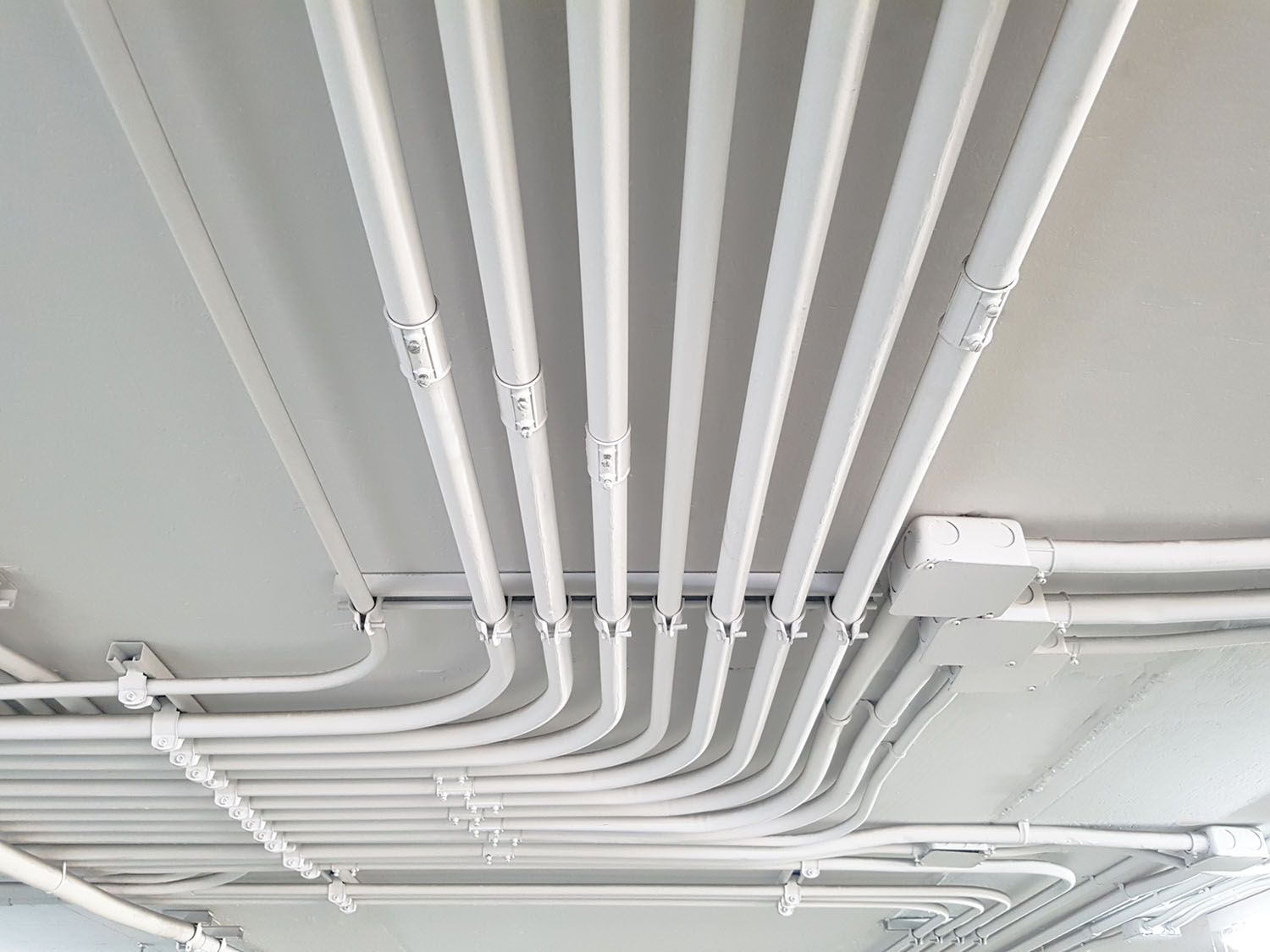
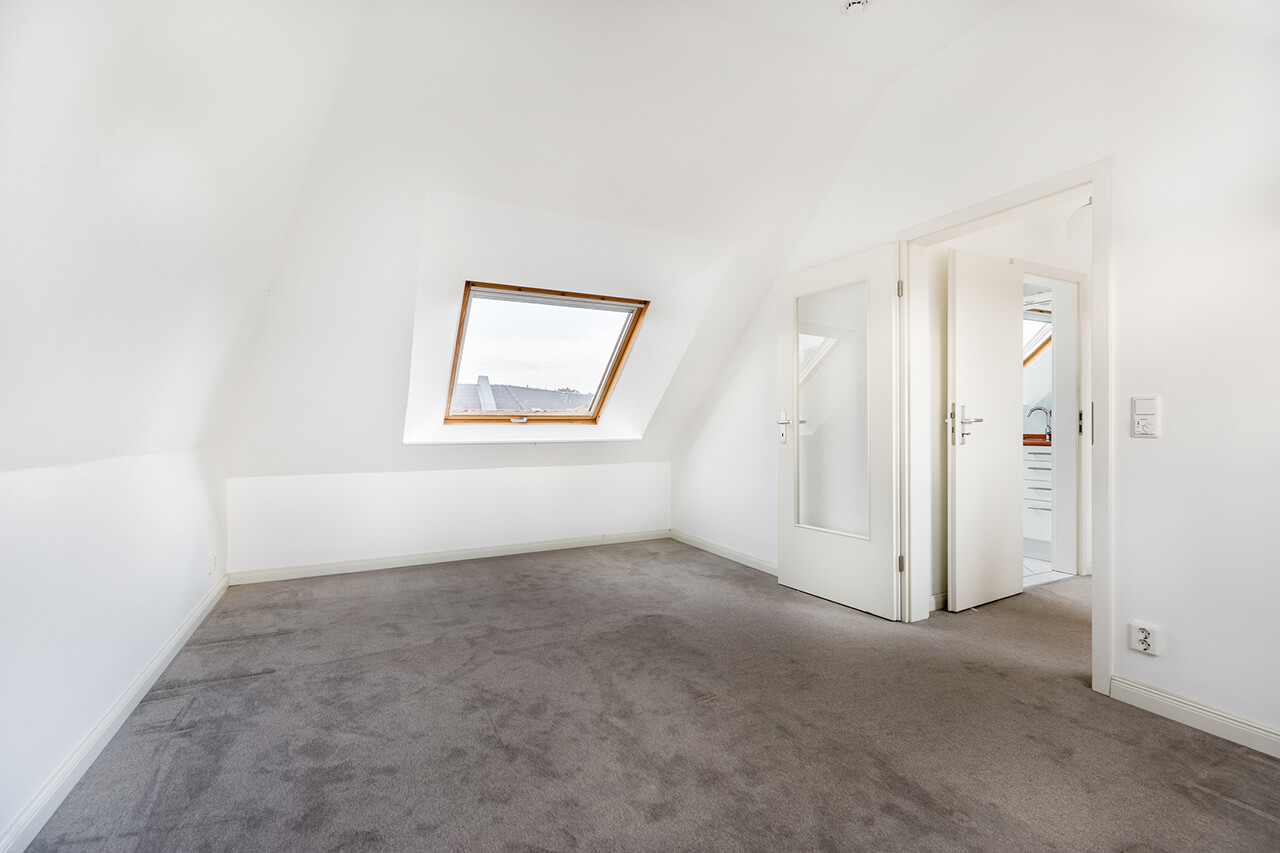
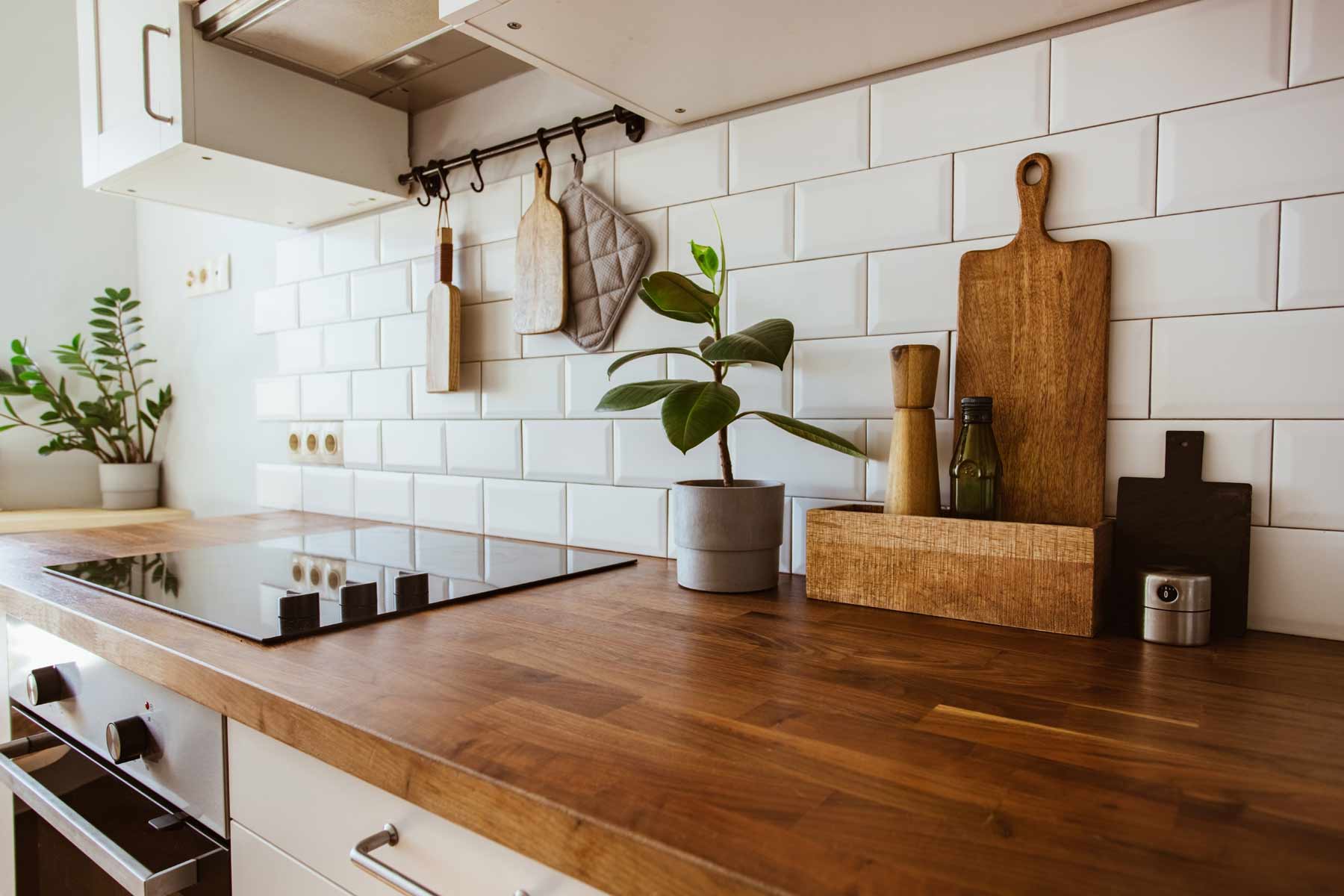
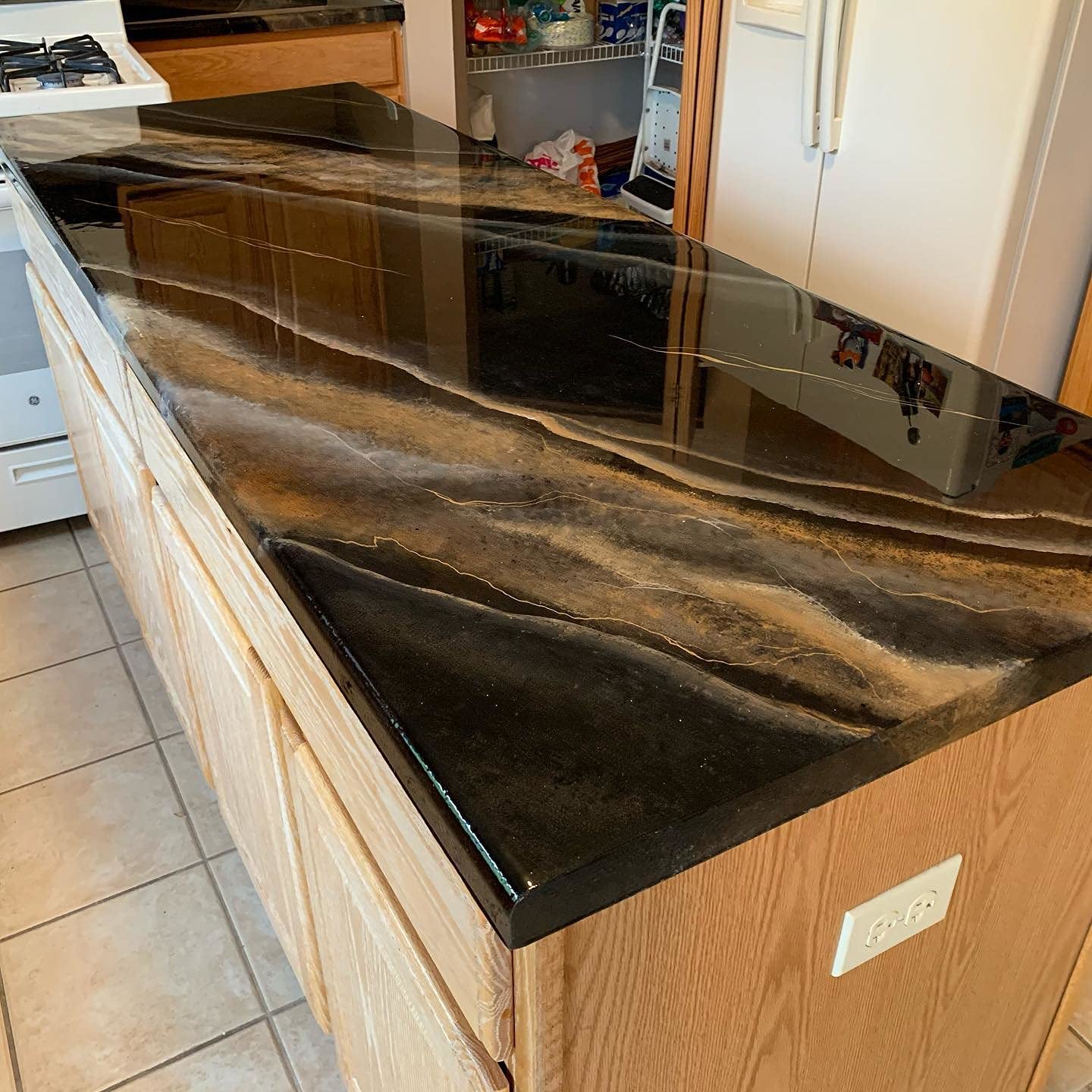

0 thoughts on “How Much Does It Cost To Have Granite Countertops Installed”